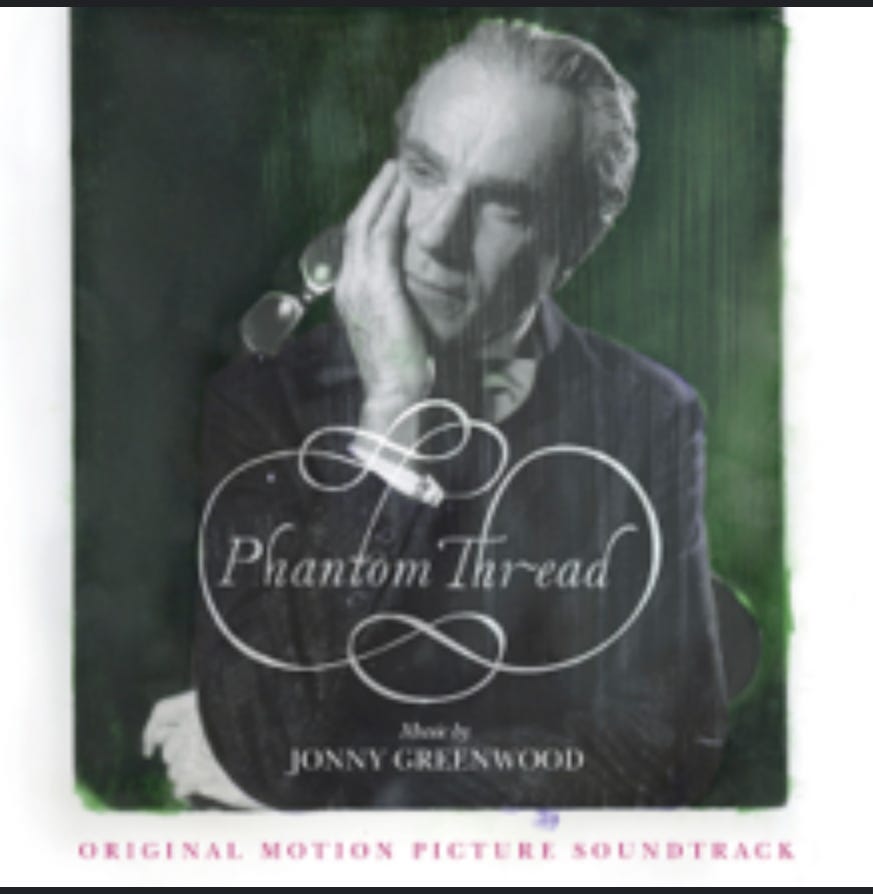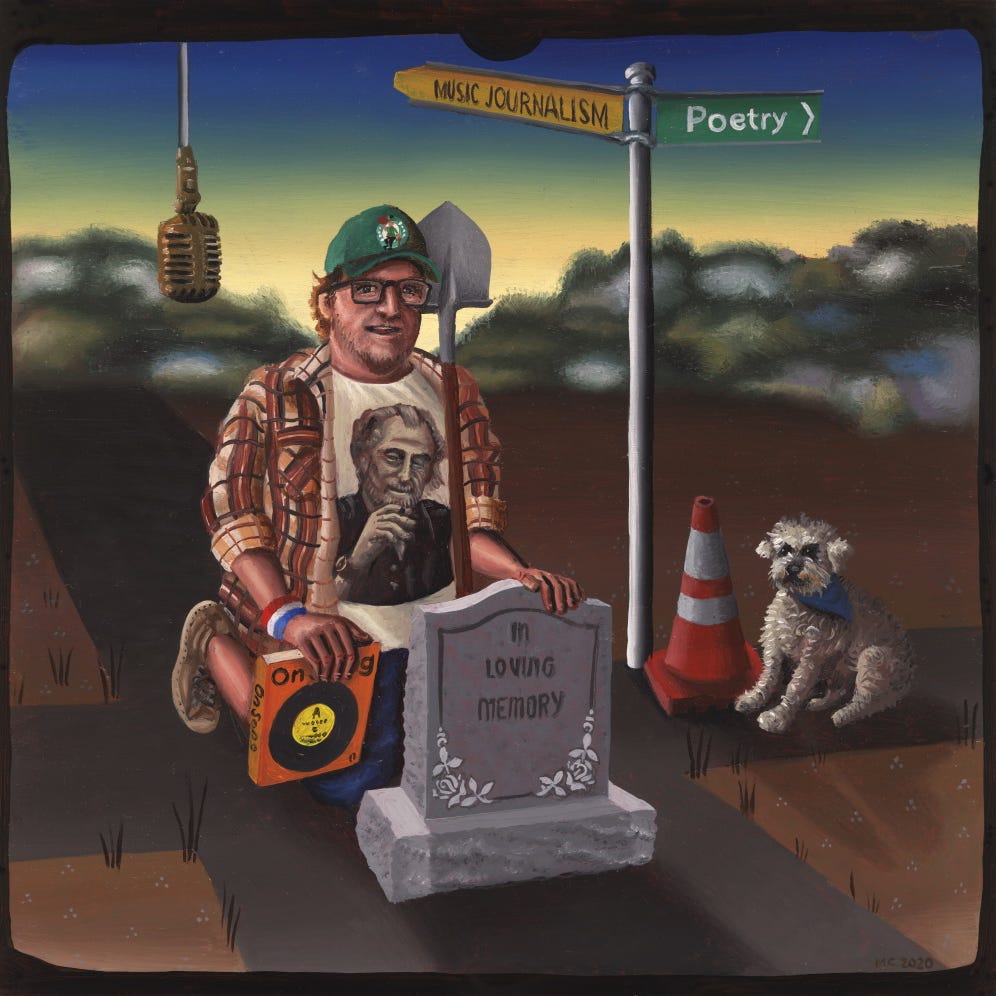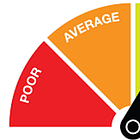What A Good Score! – #35: Phantom Thread by Jonny Greenwood
What A Good Score is a new series here at Off The Tracks – looking at movie soundtracks, the good, the band and the astounding…
Even when I not listening to Radiohead at all — burnout, too much, too often, PTSD from playing (bad) cover versions in a band at uni, and of course the overzealous fans (of Radiohead, not my covers band at uni) — I have still loved the soundtrack work of Jonny Greenwood. In fact, it’s fair to say it was something of a way back into the work of the band (which I adore, I just don’t listen to all that much these days, yearly reminders are nice though).
I also love that Greenwood formed one of those old school director/composer relationships; helps that it’s with one of my favourite modern film directors: Paul Thomas Anderson. Like Walter Hill and Ry Cooder, or Cliff Martinez and Steven Soderbergh, and a few others, the Greenwood/PT Anderson bond has been there, now, across several movies, and with consistently great results.
But if I was to pick one — to begin with — which is both the peak of their collaboration, and just a beautiful piece of music (and perfect accompanying score) then it’s the music of Phantom Thread. I very much liked the movie, not least for the central (and crucial) Daniel Day-Lewis performance; which, let’s face it, would have been reason enough to watch it alone. Add in the other layers — PT Anderson, Greenwood’s score, the supporting cast, the story — and you have other, compelling reasons. But I was there for the Daniel Day-Lewis show. They’re rare these days, after all.
But it’s true to say I was also there for the Jonny Greenwood score, having listened to it once before I saw the film.
And because you can’t not notice it. I’m forever baffled that people don’t notice film score more, or tune it out, or whatever. But I know that’s me. Not just me. But we are in a minority I guess. (A happy one). I don’t agree that if the music is doing its job you shouldn’t notice it, though I understand the suggestion of that is the music always being in service to the scene, and of course I support that idea. But with Phantom Thread, particularly, you surely cannot go without noticing it, the score plays through for an impressive amount of screen time, it is in fact the “phantom thread” for the film; a movie about tailoring (ostensibly — at least). And so to have Greenwood’s music as the silent — or not so silent (and not so secret) — stitches is a lovely gesture of intention.
It was also different for Jonny. For this is a full orchestral score. He studied Nelson Riddle’s work for Kubrick’s Lolita, he studied the Bach works by Glenn Gould (and why wouldn’t you do that every day of your life if you could, and even if there was no final assignment?) And he employed the services of both the Royal Philharmonic and London Contemporary Orchestras.
The end result is stunning. A beautiful piece of music. And though I’ve only seen the film one time, and should return to it, listening to the music helps me to locate key scenes in my mind, and return me to the vibe, and pathos of the movie.
It wasn’t so much like this is the moment where the Anderson/Greenwood collaboration “grew up”, because they’d been knocking it out of the park for years, but it was most certainly a turning point, a shift, a new — more intense — focus. And an amazing end-result.
I always say that I listen to film score as if it’s classical music — even when it’s electronic or otherwise. It is my classical music. It was there for me when I was 8 or 9 and 18 or 19, and still now. It’s been my reading music, my assignment writing music, my driving alone music, my walk around town music, my sit and drink tea music — my own actual soundtrack. And there are certain albums, like the score to Phantom Thread where, when I’m listening to it, I almost can’t imagine anything better.
What A Good Score is a new series here at Off The Tracks – looking at movie soundtracks, the good, the band and the astounding…







